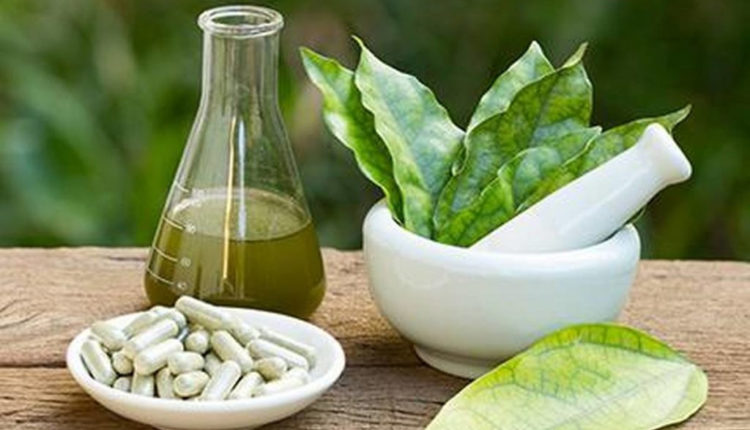Inclusive of herbal medicine, the Indian dietary supplements industry was pegged at $3.5 billion in 2018. With an anticipated CAGR of 12.7 per cent, it is expected to reach $4.4 billion by 2023.
The market is dominated by domestic sales, with exports contributing a meagre 13 per cent, according to a report brought out by Sathguru Management Consultants and trade body ASSOCHAM.
Buoyed by the promising outlook, the domestic industry is moving from being traditional suppliers of herbal extracts, to taking a more science-driven approach to develop proprietary ingredients as well as forward integrating to formulate finished products, says Pushpa Vijayaraghavan of SMC.
The report cited Laila Nutraceuticals, Arjuna Natural Extracts and Olene Life as examples of companies that have moved up the value chain in recent years.
Another observable trend is the reshaping of the industry outlook for nutraceutical formulations based on consumer-driven trends, as companies embrace novel formulations and business models to keep pace with changing consumer preferences.
The sector has at least 50 companies with a size of over Rs 100 crore turnover. Domestic majors such as Dabur, Sami Labs, Emami, Himalaya and Patanjali have been able to scale up formulations and are laying emphasis on exports.
What are nutraceuticals
The definition of Nutraceuticals on a global stage is highly divergent. It could refer to products that range from isolated nutrients, dietary supplements, herbal medicines, functional foods, medical/ specific diets and beverages. In India, nutraceuticals and herbal medicinal products fall under the purview of different regulatory bodies, FSSAI, AYUSH or CDSCO, depending on the health claims made and ingredients used.
The Indian nutraceuticals industry is in a growth phase, with several key drivers such as consumer awareness, emphasis on prevention over cure and clinical receptiveness, being some of them.
India also fosters a thriving market for herbal extracts. Much of the traditional medicine practised worldwide can trace its roots to India, and the country is a hot bed for cultivation of herbal plants. The herbal extracts industry is estimated at $1.3 billion, with exports accounting for a sizeable 47 per cent of sales.
India also has the unique advantage of long-standing heritage and knowledge, when it comes to traditional medicines. Equipped with local sourcing and supply of raw materials, herbal extract manufacturers have emerged as highly price competitive in the global markets and have established a strong presence as a preferred supplier in many export markets.
The way forward
Globally, herbal medicine is increasingly becoming mainstream, with the US, India and other countries introducing a separate pathway for herbal derived drugs.
Battling unregulated products remains a key challenge across segments, with increasing focus from regulatory authorities. FSSAI has taken steps towards curbing such practices and has recently signed an MoU with NADA for setting up of testing facilities across the country.
Additionally, the lack of a clear, internationally accepted definition of nutraceuticals poses export-related challenges. As global regulations continue to evolve, it is critical that Indian players stay abreast of developments with a focus on quality and regulatory compliance.
First Published in The Hindu Businessline


